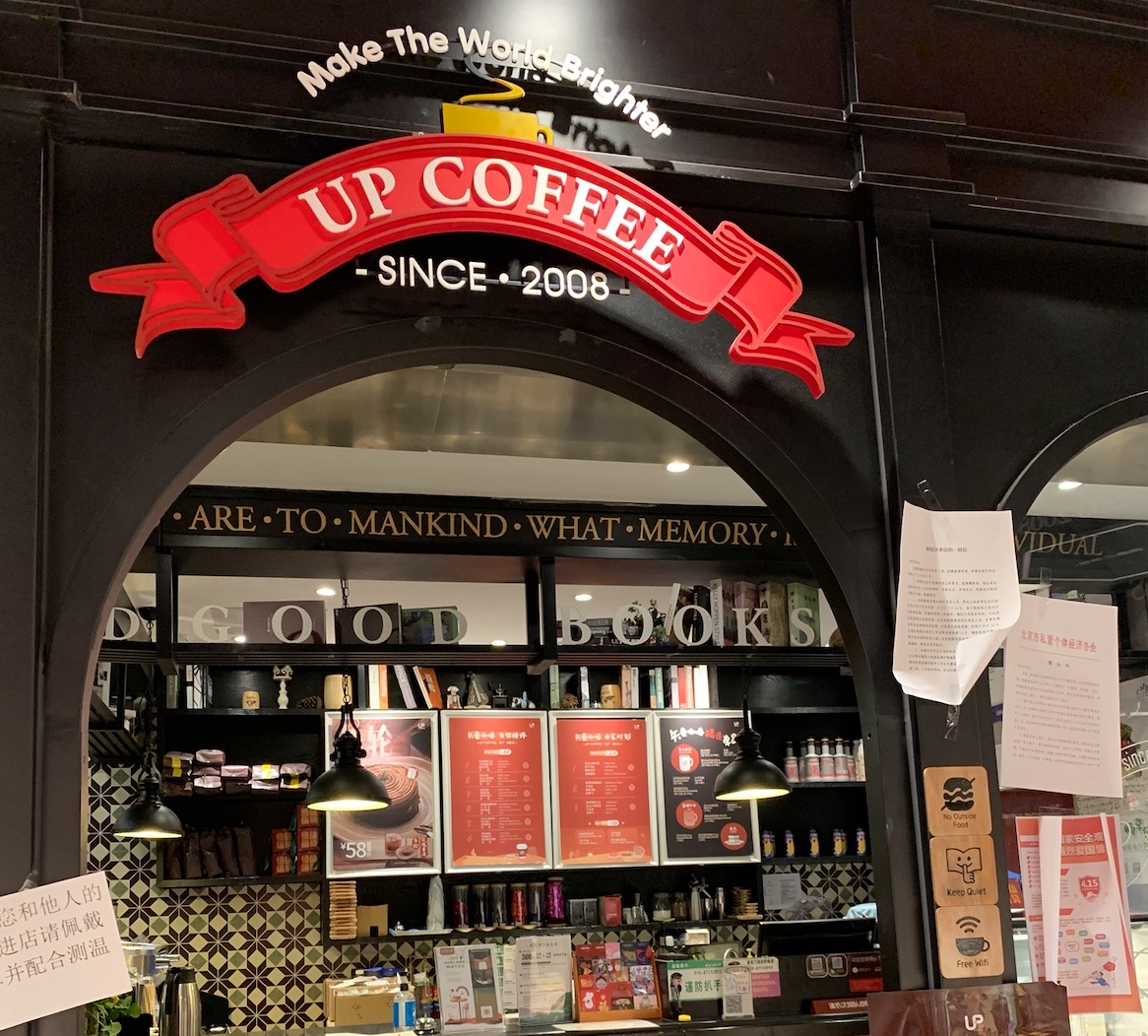It was a quiet weekend at Sisyphe bookstore, with a couple of customers reading in front of the bookshelves. This bookstore chain in China got its name from the Greek myth of Sisyphus, who kept pushing stones up the mountain.
Although it may not be the store's intention, Sisyphus' image of struggling to move forward is a true reflection of the plight of physical bookstores.
In the 2020, things are different. There is no doubt that the widespread COVID-19 pandemic is profoundly changing the way people think about their lives in the future and the way they live in different sectors and industries.
The impact on brick-and-mortar bookstores, which have struggled to survive in the gap between the physical and the online world, is both long-term and direct.

Quiet weekend at Sisyphe bookstore./CGTN
Quiet weekend at Sisyphe bookstore./CGTN
The plight of brick-and-mortar bookstores has been magnified by the outbreak
According to China's brick and mortar bookstore industry report 2019-2020, there are more than 70,000 physical bookstores in China, and more than 500 closed in 2019. Under the impact of the pandemic, some bookstores are seeing their business become even more unsustainable.
Xu Zhiyuan, co-founder of One-Way Space bookstore, posted a crowdfunding letter for help on February 24.
According to the letter, the bookstore's revenue in February plummeted more than 80 percent compared with the previous year, e-commerce sales have almost halved since January, more than half of the suppliers have failed to start work, and all production projects have stalled.
No hope at the end of the COVID-19 tunnel
Now that the pandemic is almost over in China, although bookstores are opening, they still look deserted. The owner of Lihe bookstore spoke to "Renwu" about this predicament.
"Because the book unit price is very low, the profit is also very low, if we cannot sell a large number of books, the low profit cannot support the bookstore at all," Sun Xiaodi, one of the owners said.
Cherishing the dream of serving serious book lovers, Lihe carefully chooses high-quality works, meaning the bookstore seems to have a high threshold on the one hand, while the turnover drops.

The coffee shop in Sisphe bookstore./CGTN
The coffee shop in Sisphe bookstore./CGTN
Bookshops started selling coffee snacks to have other sources of revenue and Sisyphe even has a coffee shop section where customers can take the sample books and read them over a cup of coffee.
But although coffee was being sold, they started to look more and more like libraries.
To enter Lihe bookstore, customers now need a reservation, even if you don't want to purchase, you have to make an appointment a day ahead.
Hopefully, this will filter out customers who actually want to buy books.
Whether by selling coffee or finding new rules, physical bookstores face a severe challenge to their development and thinking outside the box is now, more than ever, a necessity.